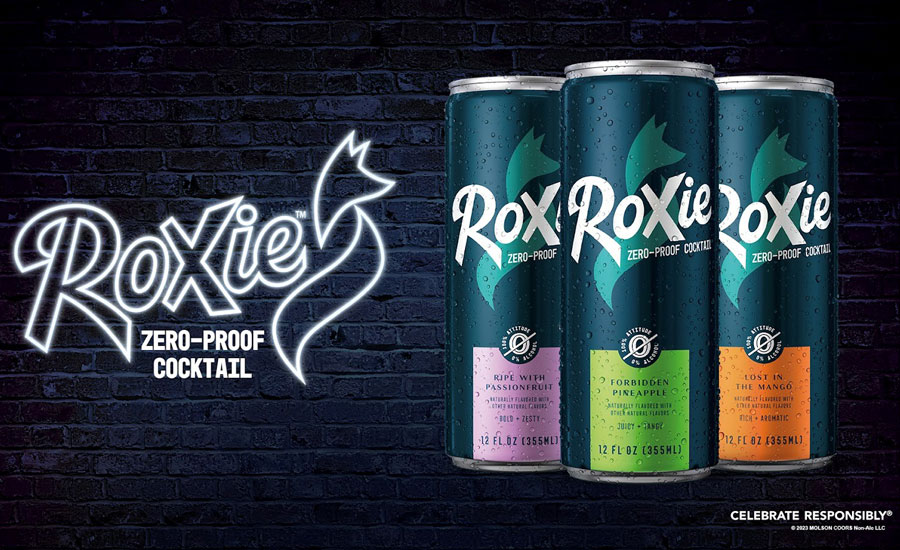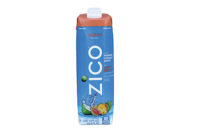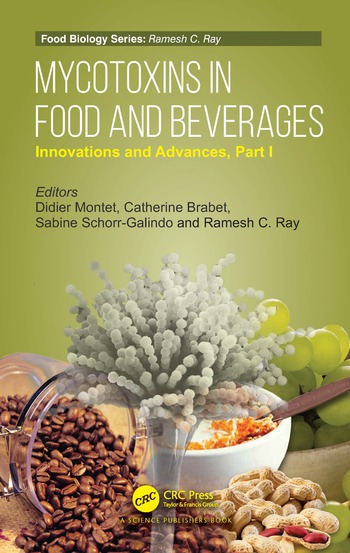Ingredient Spotlight
Exotic fruits heat up the beverage scene
Beverage-makers turn to exotic fruits for unique, natural flavor profiles

Image courtesy Getty Images
Known for defining American ethos, Benjamin Franklin, considered one of America’s most influential Founding Fathers, is quoted for having said: “A house is not a home unless it contains food and fire for the mind as well as the body.”
Today, as more consumers turn to drinks to fuel their mind, body and soul, experts note that exotic fruits are grabbing the attention of beverage-makers.
One of the biggest trends affecting the use of domestic and exotic fruits is consumers’ health, says Kyra Appleby, innovation technologist at iTi Tropicals, Lawrenceville, N.J.
“Consumers are constantly searching for new ways to keep themselves, as well as their families, as healthy as possible,” she explains. “As a result of this, we are seeing a positive push toward utilization of more domestic and exotic fruits for their functional properties.
“Exotic fruits are more widely used in beverages now to add vitamins, minerals, antioxidants and phytochemicals, increase the juice content of the beverage, reduce the added sugar content, and potentially reduce the caloric load,” she continues.
Moreover, noting beverage-makers’ ultimate goal to create a drink that not only nourishes the body, but tastes good, Appleby points to exotic fruits’ consumer appeal — delivering on what’s fresh and exciting.
“Consumers continue to have a desire to try new things without venturing too far into the unknown and that’s where exotic fruits have a great fit,” she says. “They pair well with more familiar flavors, so beverage-makers are able to create a familiar yet new beverage using exotic and familiar fruits.”
Wauconda, Ill.-based Synergy Flavors, in its article “Trendspotting: Tropical Fruit Flavors are Heating up this Winter,” notes that tropical flavor trends have led to significant growth for exotic fruits.
“Fruit flavors are already popular in limited editions — strawberry and orange are currently the most popular — but there has been significant growth in other fruit flavors, particularly exotic fruits that add indulgence to a product,” it states. “While tropical fruits and citrus are often seen in summer product launches, we are seeing these flavors shine in new product launches throughout the year.
“Exotic fruits like pomegranate and mango are in the growth and introductory phase respectively, in the flavor lifecycle,” it continues. “Yuzu, a citrus fruit in East Asia, is also being introduced as an up-and-coming winter flavor.”
Wild Tonic, a brand of Jun Kombucha, Cottonwood, Ariz., recently announced a new innovation within its nature-inspired, non-alcohol beverage line: The Wanderer Series. Launching nationwide in January, the new line features the whimsical namesakes of traditional cocktails. As part of its four-flavor lineup, The Wanderer Series includes Persephone, a pomegranate flavor featuring citrus and ginger with a slight herbal finish, it says.
“The Wanderer Series is the perfect complement to our line of Jun beverages because it embodies our mission of creating a beverage that combines function and flavor for everyone,” said Wild Tonic Director of Marketing, Jessi Gerth, in a statement at the time of release.

Image courtesy of Wild Tonic
Health attributes, flavor profiles bring limitless potential
As consumers continue to seek new and adventuresome drinks, experts highlight various formulations utilizing exotic fruits.
The most popular used by beverage-makers include passion fruit, coconut water, acerola juice, dragon fruit and mango, iTi’s Appleby says.
“Passion fruit is becoming increasingly popular in beverages because it is colorful, flavorful, aromatic, and refreshingly tropical,” she explains. “Coconut water has continued clout in the industry because of its naturally occurring electrolytes, vitamins and minerals, and its incredible versatility. Coconut water blends well with many flavors because it is light in color and subtle in flavor.”
Due to its naturally high vitamin C content, “acerola is incredibly popular right now,” Appleby says. “Acerola puree (NFC) has 25 times the recommended daily intake of vitamin C in a 3.5-ounce serving.
“Dragon fruit and mango are popular because they have become more familiar with consumers in recent years,” she continues. “Their bright colors and exciting flavors contribute to their addition in many platforms.”
Moreover, noting exotic fruits’ unique flavor profiles, “the benefits of using exotic fruits in beverage formulations are really endless,” Appleby says.
“Passion fruit is one of our favorite exotics fruits when it comes to its unique and exotic flavor profile,” she notes. “Passion fruit’s strong, pleasant flavor has the unique ability to mask off-flavors from high nutrient-value ingredients that may not taste great on their own.
“Passion fruit delivers an intense flavor that is naturally tart, sweet and pleasantly aromatic,” she continues. “The juice is highly concentrated — a little goes a long way with abundant top notes and tropical emphasis.”

Image courtesy of Molson Coors Beverage Co.
Inspired by craft cocktails with a twist, Molson Coors Beverage Co., Chicago, recently debuted its zero-proof canned cocktail: Roxie. Roxie’s three crafted premium flavors — Ripe with Passionfruit, Forbidden Pineapple and Lost in Mango — bring a hint of intrigue, and a whole lot of attitude — without the alcohol, the company says.
“Roxie is the brand that empowers people to be a part of the moment, celebrating the choice to drink and not drink alcohol,” said Jamie Wideman, vice president of innovation at Molson Coors Beverage Co., in a statement. “That’s where Roxie shines, it packs layers of flavorful complexity, delivering a line of zero-proof cocktails built for those who want to moderate their drinking, abstain or simply sip on something fantastic.”
When it comes to pairing exotic fruits with traditional flavors, iTi’s Appleby notes that exotic fruits such as pink guava and red dragon’s natural and vibrant colors, are ideal additions in formulations.
“Many traditional flavors pair well with exotic fruits,” Appleby says. “Often when we think of traditional flavors, we think of common fruit flavors such as strawberry, cherry, banana, orange, grape, and even mango as its popularity has increased over the past few years.
“A few of our favorite traditional and exotic fruit flavor pairings include mango peach, strawberry guava, passion fruit banana, mango passion fruit, strawberry acai, and orange passion fruit,” she continues.
Supply chain issues remain primary challenge
Although exotic fruits have captured the mood of the industry, bringing excitement across beverage categories, current supply chain issues have presented various challenges for suppliers.
“Being an importer/trading company, supply chain issues of tropical/exotic fruits have been a primary concern,” says Don Giampetro, vice president of quality and innovation at iTi Tropicals. “Throughout 2021 and well into 2022, issues with the supply chain have forced us into changing the way we operate.
“Being responsible for food chain supply, we never stopped importing during the pandemic,” Giampetro continues. “We had to make sure we have inventory to supply our customers. Product prices rose, but as we have moved toward the latter part of 2022, we are seeing improvement.”
Moving forward, Giampetro says he’s optimistic, however, with current issues overseas, he remains cautious.
“[W]ith the recent issues in the news with China as far as their continued COVID response, and its impact, supply chain issues may rear its ugly head once again as we head into 2023,” he says. “We will have to see what further impact there will be in the future.”
Looking for a reprint of this article?
From high-res PDFs to custom plaques, order your copy today!









